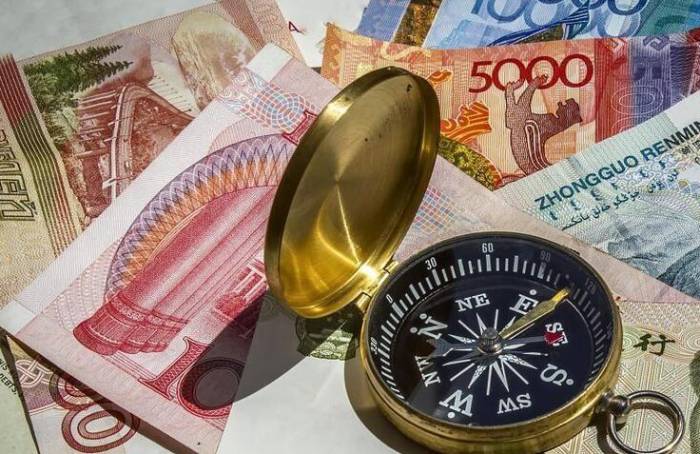Officially on the field! The People's Bank of China (PBOC) stated on Friday that it conducted open market government bond transactions in August, with a "buy short, sell long" strategy, resulting in a net purchase of government bonds with a face value of 100 billion yuan for the entire month.
In its announcement on Friday, the central bank indicated that it bought short-term government bonds from some primary dealers in the open market operations and sold long-term government bonds, achieving a net purchase of government bonds with a face value of 100 billion yuan for the month.
The initiation of government bond transactions by the central bank marks the official inclusion of a new monetary policy tool in its toolkit. The Chief Economist of CITIC Securities, Ming Ming, commented that the central bank's net purchase of 100 billion yuan in government bonds in August is equivalent to a net liquidity injection, which will effectively support the financing needs of the real economy. At the same time, buying short-term government bonds and selling long-term ones helps maintain an upward-sloping yield curve, which can stabilize the operation of the financial market and prevent financial risks.
Advertisement
The market had anticipated the central bank's government bond transactions. The central bank's monetary policy execution report had clearly stated plans to introduce government bond transactions in open market operations to enrich the means of base money issuance.
On August 28, the central bank added a section on its official website titled "Announcement of Open Market Government Bond Transactions," sparking market speculation about the central bank's imminent operations of this kind.
Subsequently, on August 29, the central bank announced that it had conducted a spot purchase transaction of open market operations through a quantity bidding method, buying 400 billion yuan in special government bonds from primary dealers.
However, it is important to note that the central bank's purchase of 400 billion yuan in special government bonds this time was a routine operation, with a precedent set in 2017.
According to official information from the Ministry of Finance, 1.55 trillion yuan in special government bonds were issued in 2007 to serve as capital for China Investment Corporation. Most of these special government bonds were issued directly to primary dealers (state-owned large banks), and the central bank bought them from the primary dealers (state-owned large banks) to provide liquidity support.
Of the 1.55 trillion yuan in special government bonds, 600 billion yuan matured in 2017, and the finance department conducted a rollover that year. The central bank continued to buy from primary dealers to provide liquidity support for the rollover and issued an operational announcement.GF Securities stated that the central bank's purchase of 400 billion yuan in special treasury bonds will not result in a net injection of liquidity. However, the duration of the central bank's holdings of government bonds has been extended, and theoretically, this could provide more policy space for the central bank to correct long-term interest rate pricing. Regarding "open market government bond trading," the central bank may make further arrangements at an appropriate time.
In the short term, it is difficult to become a tool for base money injection.
GuoSheng Securities believes that considering the limited scale of open market government bond trading in the short term, it is currently difficult for government bond trading to become a tool for base money injection.
As of June 2024, the ratio of our country's base money to outstanding government bonds is 1.20, while the United States and Japan have a ratio of 0.21 and 0.58, respectively. Currently, our country's statutory reserve requirement ratio is still relatively high, the scale of government bonds is still relatively small, the ratio of base money to outstanding government bonds is still relatively high, and the depth of our country's government bond market is still not sufficient to become the main tool for base money injection.

Moreover, the difficulty of controlling interest rates through "twist operations," where government bonds are "bought short and sold long," is also significant.
GuoSheng Securities points out that after the renewal, the term of government bonds held by the central bank has been extended, and the central bank has the conditions to control long-end interest rates through open market operations.
The process of the central bank selling to primary dealers through open market operations forms a capital retraction, but the maturing renewal of special treasury bonds (the first and second phases) is not an active bond, and it may be difficult for primary dealers to sell in the market. If all the bonds sold by the central bank are held by primary dealers, it will be difficult to increase the bond supply in the secondary market, making it difficult to effectively control interest rates.
Comments